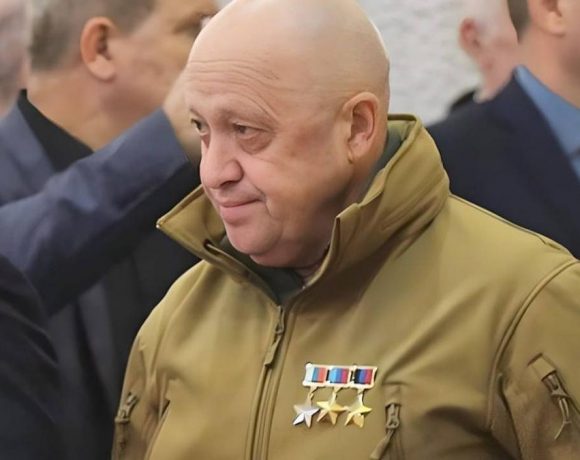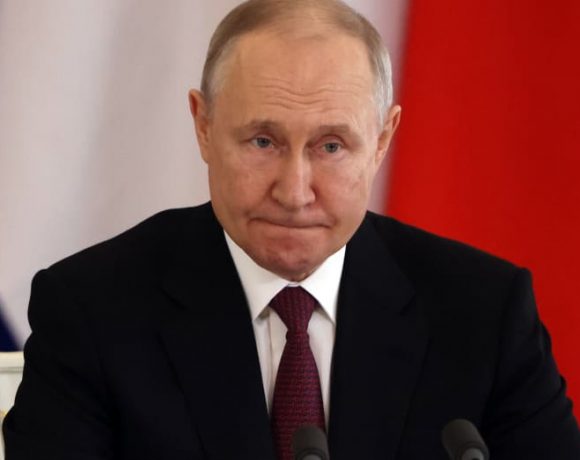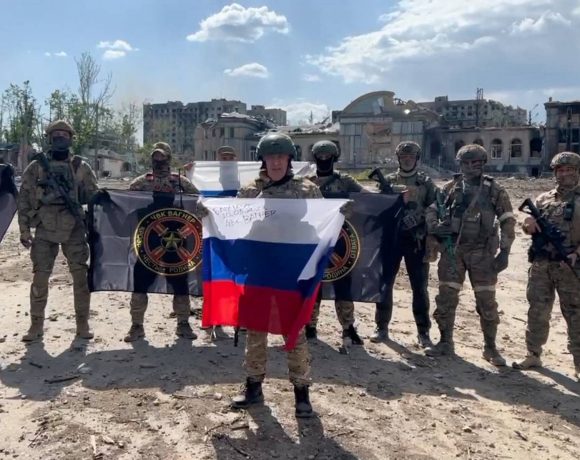
Belarusian leader Alexander Lukashenko has stated that Yevgeny Prigozhin, the leader of the Wagner Group and former participant in a brief armed rebellion in Russia, is currently in Russia and not in Belarus. Prigozhin’s whereabouts had been unknown after he was spotted in southern Russia during the mutiny.
However, as part of a negotiated agreement to resolve the situation, charges against Prigozhin were dropped, allowing him and his fighters to potentially relocate to Belarus. Lukashenko, who played a role in brokering the deal, initially claimed that Prigozhin had arrived in Belarus when a private jet associated with him landed in Minsk on June 27.
However, Lukashenko recently informed reporters that Prigozhin is actually in St. Petersburg and not present in Belarus. Despite this, Lukashenko reiterated that the offer for Wagner fighters to station themselves in Belarus, a prospect raising concerns among neighboring NATO countries, remains open.
Lukashenko believes there is no risk to Belarus and does not anticipate Wagner fighters taking up arms against his country. The Wagner Group is a private mercenary army that has fought alongside the Russian military in Ukraine. Prigozhin’s mutiny involved Wagner mercenaries crossing the border into Russia from field camps in Ukraine and seizing control of certain security facilities in the southern city of Rostov-on-Don. They then proceeded toward Moscow, leading to increased security measures implemented by the Kremlin in various regions, including the capital.
While Vladimir Putin accused the group of treason, the mutiny’s resolution resulted in Prigozhin receiving security assurances and the dropping of the Russian criminal case against Wagner. The fighters were given the option to sign regular army contracts, return home, or relocate to Belarus.
Lukashenko had previously stated that Wagner mercenaries were offered an abandoned military base if they chose to join their leader. Recent satellite imagery has shown the potential establishment of tents at a former military base near Minsk, but no concrete evidence of their occupation has been observed yet.
Picture Courtesy: Google/images are subejct to copyright


